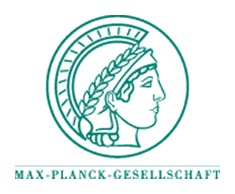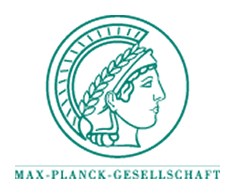This Nature Outlook is editorially independent, produced with financial support from a third party. About this content.
 The Max Planck Society is Germany's most successful research organization. Since its establishment in 1948, no fewer than 18 Nobel laureates have emerged from the ranks of its scientists, putting it on a par with the best and most prestigious research institutions worldwide.
The Max Planck Society is Germany's most successful research organization. Since its establishment in 1948, no fewer than 18 Nobel laureates have emerged from the ranks of its scientists, putting it on a par with the best and most prestigious research institutions worldwide.
There are currently 84 Max Planck Institutes and facilities, which conduct basic research in the natural sciences, life sciences, social sciences and the humanities. The Max Planck Institutes are built up solely around the world's leading researchers. They define their own research subjects and are given the best working conditions. Max Planck Institutes focus on research fields that are particularly innovative, or are especially demanding in terms of funding or time requirements. Their research spectrum is continually evolving: new institutes are established to find answers to seminal, forward-looking scientific questions, while others are closed when, for example, their research field has been widely established at universities.
The sponsor's feature illustrates the renewal processes within the Max Planck Society that pioneer scientific developments. It describes establishing a new research initiative to understand global change within the framework of a new geological era, the Anthropocene. It will be explored by new forms of disciplinary inquiry that meld the humanities with the natural sciences. What is needed is basic research in a domain that is strongly shaped by technology, applied science, political and economic interests.
For more information, please visit the Max Planck Society (www.mpg.de/en), the Max Planck Institute for the History of Science (www.mpiwg-berlin.mpg.de/en/) and the Max Planck Institute for Chemical Energy Conversion (www.cec.mpg.de/1/home).


